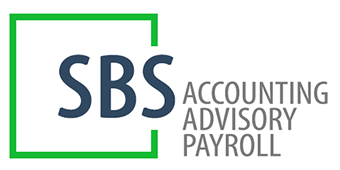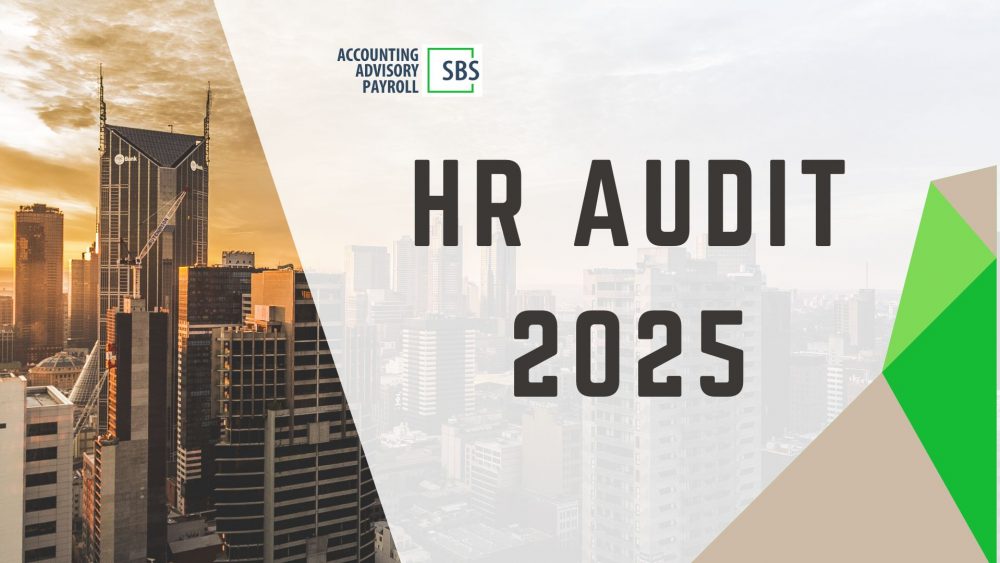Ensuring compliance with labour law, maintaining accurate payroll, and keeping documentation in order are not just formalities – they are key to avoiding costly fines during inspections. A thorough HR, payroll and labour audit helps companies uncover risks in time and strengthen internal processes. But what exactly does such an audit include, and what benefits does it bring?
What Does a Comprehensive HR Audit Cover?
During a full-scope review, several areas of employment and payroll administration are assessed:
- Employment contracts – checked for mandatory elements and compliance with current labour laws.
- Statutory employee information (per Labour Code, Section 46) – verified for completeness and accuracy.
- Job descriptions – assessed for consistency with contracts and for reflecting actual requirements.
- Notifications, timesheets and payroll slips – reviewed for accuracy, consistency, and legal compliance.
- Termination processes – examined to ensure correct settlements, documentation and deregistration.
- Data consistency – compared across contracts, notifications, timesheets and payslips.
- Work schedules and employment types – checked for legal compliance and operational efficiency.
What Do Labour Inspections Focus On?
Authorities typically examine whether:
- employees are properly registered,
- working time is accurately recorded,
- wages and allowances are paid lawfully,
- contracts and mandatory notices exist and comply with the law,
- rules for young, female, disabled and foreign workers are respected,
- simplified employment and temporary agency work are documented,
- rest time, holidays and overtime are correctly managed,
- workplace safety rules are followed,
- exit documents and settlements are issued on time.
Risks and Consequences
If irregularities are found, the authority may:
- order the termination of unlawful employment,
- impose fines,
- require correction of irregularities within a deadline,
- demand payment of missing wages or allowances,
- suspend the employer’s activity.
Since 2025, labour fines have increased significantly, which makes proactive audits even more important.
Typical Issues Found in Audits
- Mismatched working time records – timesheets often differ from actual hours worked.
- Missing or incorrect documentation – incomplete contracts, absent job descriptions, or invalid clauses.
- Delayed registrations – late or missing entries, especially for probationary employees.
- Home office not reflected in contracts – traditional employment terms often fail to cover remote work.
- Inconsistent payroll payments – overtime and weekend work not properly documented or paid.
- Errors in working time accounts – leading to miscalculations and potential penalties.
Why Proactive HR Audits Are Essential
A well-executed HR, Payroll and Labour Audit does more than protect against penalties. It also ensures transparency, efficiency, and legal compliance – all vital for smooth operations. Instead of waiting for a labour inspection, businesses should take the initiative and review their systems in advance.






Comments are closed.